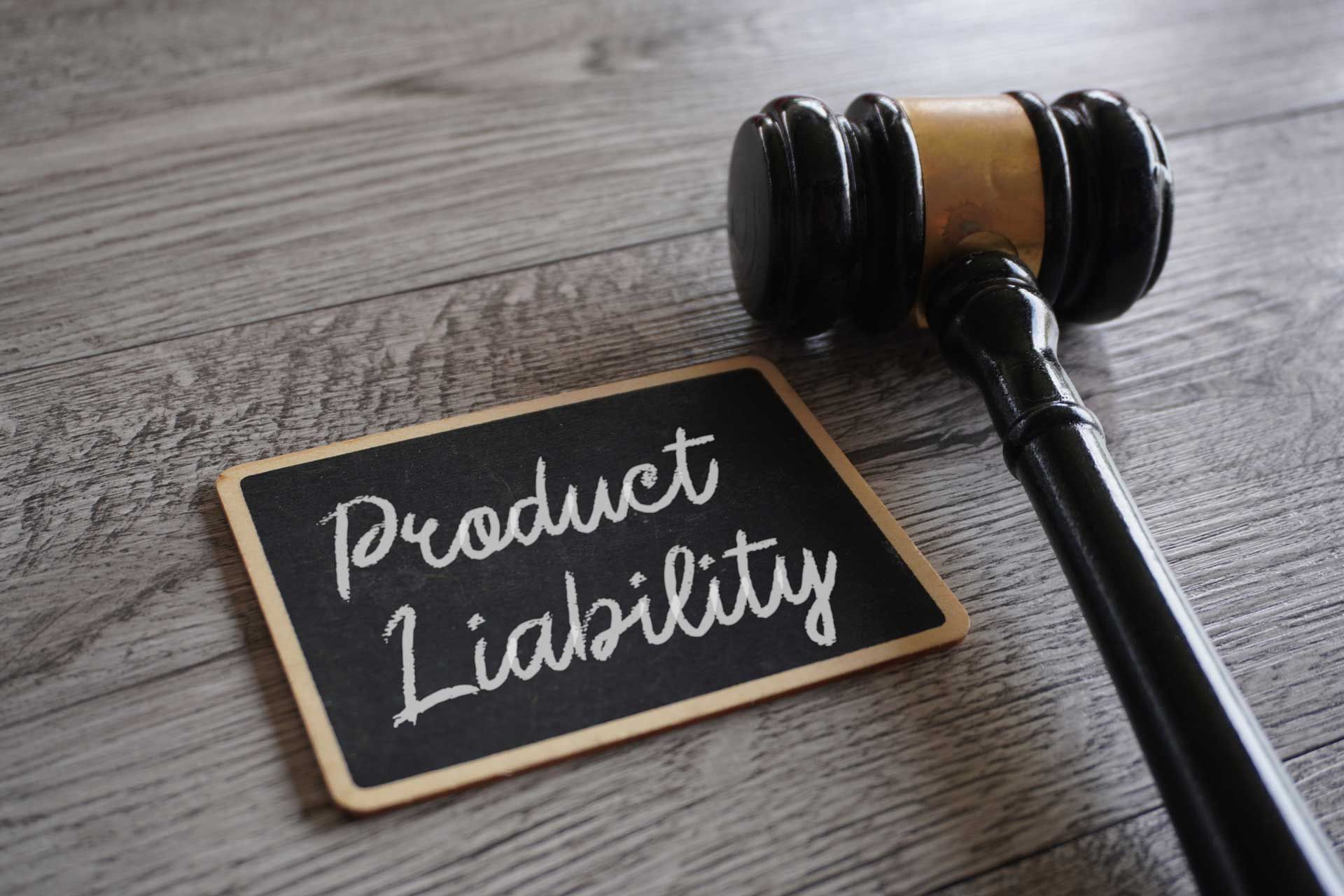Make Sure to Include Your OATS in Your AI Diet: A Framework for Ethical AI Advancements
The Landscape of AI Ethics

In the rapidly evolving landscape of artificial intelligence (AI), most people recognize that ethical considerations should play a crucial role in ensuring that technological advancements align with principals of moral behavior and promote the well-being of individuals and communities.
One framework that encapsulates these ethical tenets, especially in the context of large language models, is OATS – Oversight, Accountability, Transparency, and Safety. This framework not only underscores the fundamental principles of ethical AI but also incorporates essential concepts such as Privacy and Security to create a comprehensive approach towards responsible AI development and deployment.
Oversight
The first pillar of the OATS framework emphasizes the importance of governance and regulatory oversight in AI development and deployment. Oversight mechanisms should involve multi-stakeholder collaboration, including government agencies, industry experts, ethicists, and civil society organizations, not to mention any and all users of AI technologies who desire to participate in the conversation. The stakeholders contribute diverse perspectives and ensure that AI technologies adhere to ethical guidelines and legal frameworks. Additionally, oversight bodies should establish clear guidelines for data collection, algorithmic decision-making, and accountability mechanisms to prevent misuse or harmful outcomes.
Accountability
Accountability is a core principle in ensuring that AI systems are held responsible for their actions and outcomes. This includes accountability for both the developers and users of AI technologies. Developers should adhere to ethical guidelines throughout the AI lifecycle, including data collection, model training, and deployment. They should also implement mechanisms for auditing and explaining AI decisions, especially in high-stakes applications such as healthcare and criminal justice. On the user side, organizations and individuals using AI systems should be accountable for the ethical use of these technologies, including mitigating biases, ensuring fairness, and addressing potential harms.
Transparency
Transparency is key to building trust and understanding in AI systems. Transparency encompasses several aspects, including transparency in data sources and collection methods, transparency in algorithmic processes and decision-making, and transparency in the intentions and goals of AI applications. Developers should strive to make AI systems explainable and interpretable, enabling users and stakeholders to understand how decisions are made and identify potential biases or errors. Transparent AI fosters accountability, facilitates informed decision-making, and empowers users to engage critically with AI technologies.
Safety
Safety is paramount in AI development, encompassing not only physical safety but also psychological, social, and ethical safety. AI systems must be designed with safety considerations from the outset, including robustness to adversarial attacks, mitigation of unintended consequences, and protection of user privacy and security. Safety also extends to ensuring that AI technologies do not perpetuate harm or discrimination, especially in sensitive domains such as healthcare, education, and employment. Robust testing, validation, and continuous monitoring are essential to ensuring the safety and reliability of AI systems.
Privacy and Security
Beyond the immediate OATS framework, Privacy and Security are integral components that intersect with Oversight, Accountability, Transparency, and Safety. Privacy entails protecting individuals' personal data, ensuring consent and control over data usage, and minimizing risks of data breaches or unauthorized access. Security involves safeguarding AI systems from cyber threats, ensuring data integrity and confidentiality, and implementing secure infrastructure and protocols. Privacy-enhancing technologies (PETs) and robust cybersecurity measures are essential to addressing privacy and security concerns in AI applications.
Some vital considerations already arising and appearing in cases that have come before courts in the US, include:
- Misuse of AI as a resource to provide background research and citations for legal work and in academia, and
- The potential to use AI in order to infringe upon the copyrights of artists in producing and publicizing images.
- The impact of Github code sharing on the exploitation of data security with respect to generative LLMs.
As regards the former, the biggest problem as it stands today is AI’s underperformance in terms of its ability to accumulate research data. It’s worthy of note that legal databases contain much more and more readily accessible case and statutory data for use in understanding the precedents and reasoning behind court decisions.
The present LLM capabilities fall far short of those that should be available in coming months or years in terms of the deposits of data they will have the ability to access. But we will not know the degree to which AI will improve its reliability as a research tool in the law until we get there.
The second concern is not only valid, but poses a much more serious, early threat to privacy and security when AI is generating images, in particular, and all visually produced data in general. Cases are in different stages of litigation that will seriously impact the boundaries around the use of AI to create depictions of figures in online formats. This is one area where collaborative oversight, government working with the private sector, will be vitally needed to protect content creators from the exposure of their property rights to machine learned access to them.
Both of the above are heavily impacted by the existence and ubiquitous usage of Github, which enables the sharing of pre-exisitng software code, no matter who created it. The secret sauce in software is no longer the lines of code, it is the knowledge, understanding and capacity to manipulate code, as a tool, rather than as an outcome in and of itself.
As AI technologies continue to advance, it is imperative to uphold ethical standards and values to harness the potential benefits of AI while mitigating risks and harms. The OATS framework provides a structured approach for integrating Oversight, Accountability, Transparency, and Safety principles into AI development and deployment, with Privacy and Security serving as foundational elements. By adhering to these ethical tenets and promoting responsible AI practices, we can foster trust, fairness, and community benefit in the AI-powered future.
This is a moment where every one of us has the opportunity to participate in the conversation that will certainly impact the next generation of software technology and users’ ability to take advantage of the great new frontier of technology AI brings to bear.
Andrew Thompson is the founder of Landmark Advisors, providing consulting, educational and other advisory services to technology-based startup companies providing AI, medical, healthcare, agricultural and manufacturing services to their customers worldwide.



